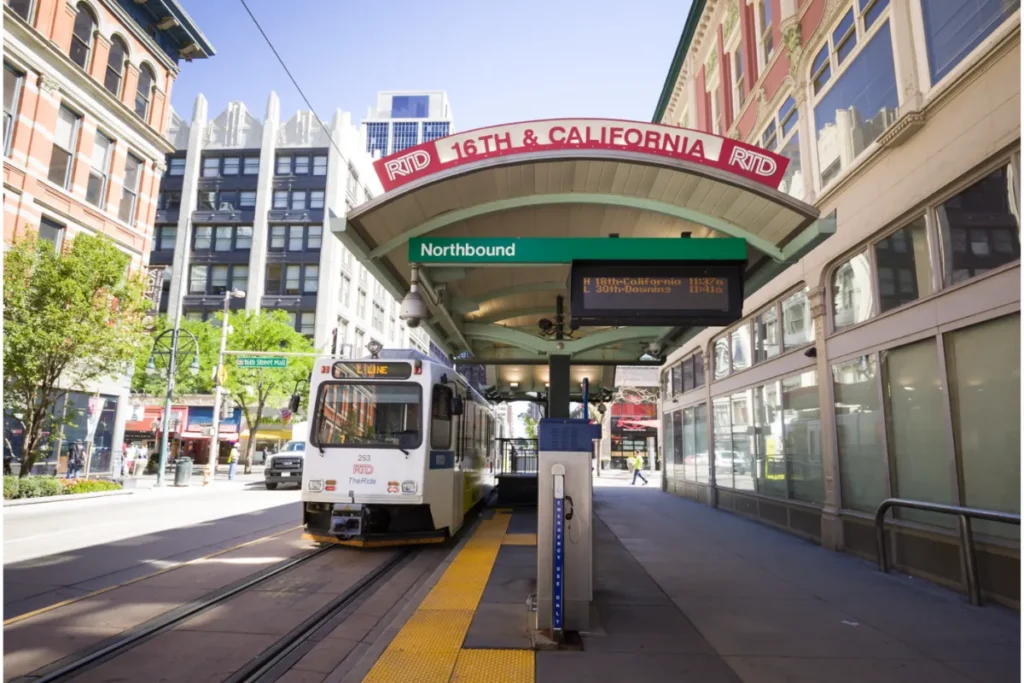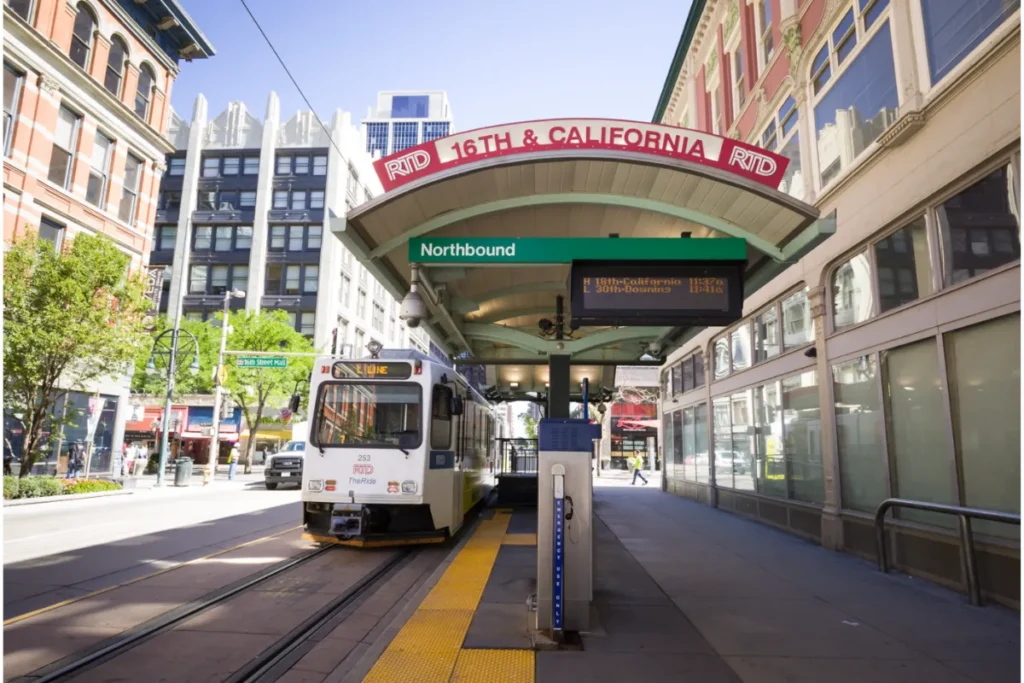Denver commuters and residents brace yourselves – a significant overhaul of the city’s light rail system is on the horizon, and it’s expected to bring with it a wave of traffic and transit headaches, particularly in the downtown area.
With a whopping price tag of $152 million, this ambitious project aims to modernize and improve Denver’s public transportation infrastructure, but not without causing some short-term disruptions and inconveniences along the way.
The planned overhaul comes as part of Denver’s ongoing efforts to upgrade and expand its public transit network to meet the growing demands of a rapidly expanding city.
With population and development on the rise, the need for efficient and reliable transportation options has never been greater.
However, the road to modernization is often paved with detours and delays, and the upcoming light rail overhaul is no exception.

One of the major challenges facing city planners and transit officials is how to minimize the impact of the construction on commuters and businesses in the downtown area.
With streets already congested and parking at a premium, any disruption to traffic flow or access to businesses could have significant consequences for the local economy.
Additionally, the influx of construction crews, equipment, and materials is sure to exacerbate existing congestion and create bottlenecks at key intersections and thoroughfares.
To mitigate these challenges, city officials have developed a comprehensive traffic management plan that includes temporary road closures, detours, and alternative transportation options for commuters.
Additionally, efforts will be made to coordinate construction activities with other ongoing projects in the area to minimize disruptions and maximize efficiency.
However, despite these efforts, some level of inconvenience and frustration is inevitable, and commuters are urged to plan ahead and allow for extra travel time during the construction period.
While the short-term pain of the light rail overhaul may be significant, the long-term benefits are expected to outweigh the temporary disruptions.
Once completed, the upgraded light rail system will offer faster, more reliable service, improved accessibility, and enhanced safety features for commuters and residents alike.
Additionally, the modernization of the system is seen as a critical step in reducing congestion, improving air quality, and promoting sustainable transportation options in the Denver metro area.

As Denver continues to grow and evolve, investments in public transportation infrastructure will be crucial to maintaining the city’s vitality and competitiveness.
While the road ahead may be bumpy, the light rail overhaul represents a bold step forward in Denver’s ongoing quest to build a more efficient, equitable, and sustainable transportation system for the future.
So buckle up, Denver – the journey may be challenging, but the destination promises to be worth the ride.
